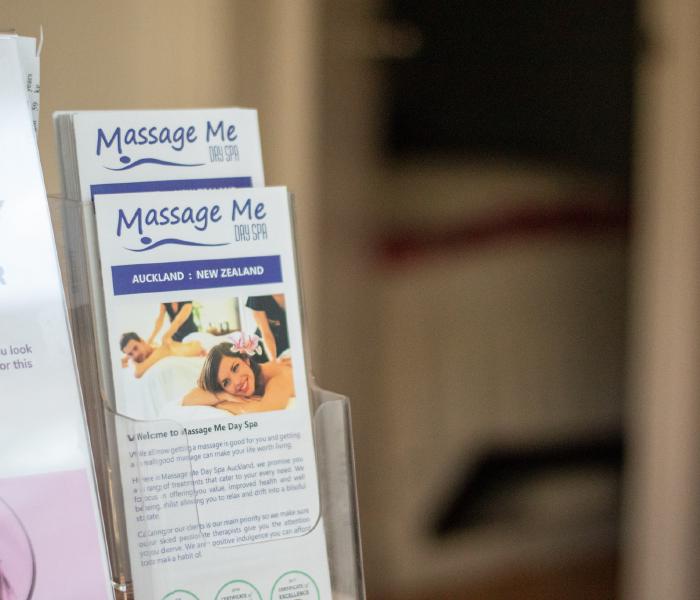When the body starts to take shallow short breaths instead of breathing at a natural pace, it is near impossible for one to reach a relaxed state. Part of the problem is that the muscles around the rib cage and abdomen may have tightened, constricting air.
Massage plays an important role in training the body how to relax and help improve breathing. Respiratory issues, such as allergies, sinus problems, asthma and bronchitis, are one group of conditions that can benefit from massage therapy. In fact, the positive impact massage can have on respiratory function has been shown through research, says Anne Williams, education program director at Associated Bodywork & Massage Professionals.
Many muscles in the front and back of the upper body are accessory respiratory muscles, she explains. “When any of these muscles are chronically tight and shortened, they can restrict normal breathing and disrupt breathing patterns,” she explains. “Massage techniques to lengthen and relax these muscles improve breathing capacity and function.”
Massage therapy can not only improve breathing, but also posture. This can lead to an opening of the chest area, as well as the structural alignment and rib cage expansion needed for optimal lung function, she adds. Plus, when the parasympathetic nervous system responds to massage your breathing rate slows and becomes deep and regular.
A particularly beneficial way of relieving respiratory issues through massage therapy is tapotement, a rhythmic, percussive stroke used in Swedish massage. When performed on the back, along with vibration and shaking, tapotement can loosen mucus in the lungs and increase airway clearance for better lung function, Williams says.
Not only will massage therapy help relax muscles, it can also help individuals become aware of their daily stress levels. Once the body recognizes what true relaxation feels like, the mind can then easily recreate it before stress becomes chronic and damaging. This can also help you enjoy a more balanced life.
Benefits of Improving Breathing
- Controls breathing in an effort to aid relaxation
- Allows the mind to re-create relaxation before stress becomes chronic or damaging
- Increases energy level

